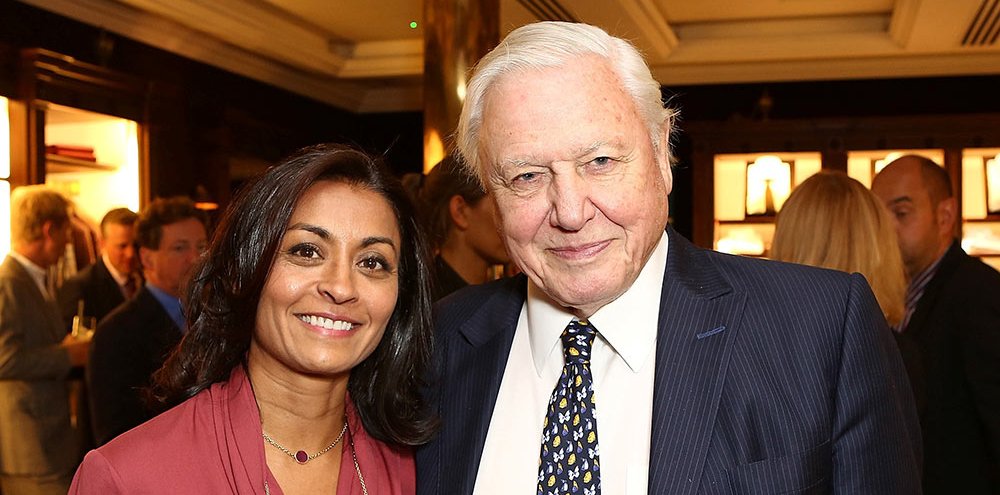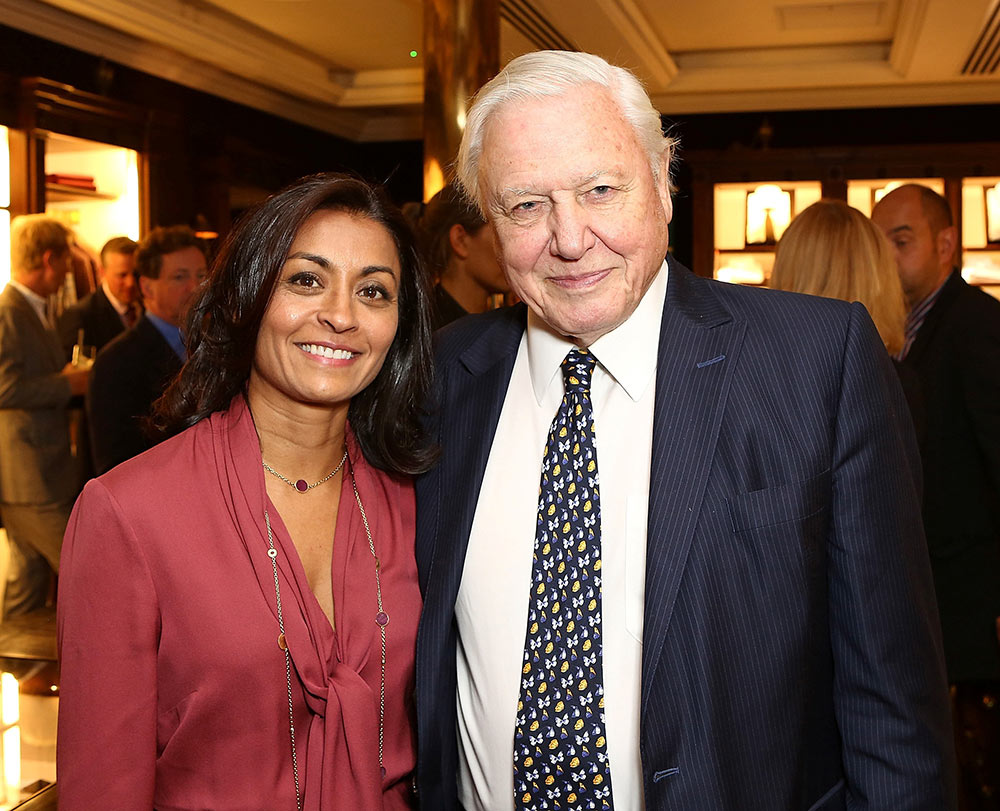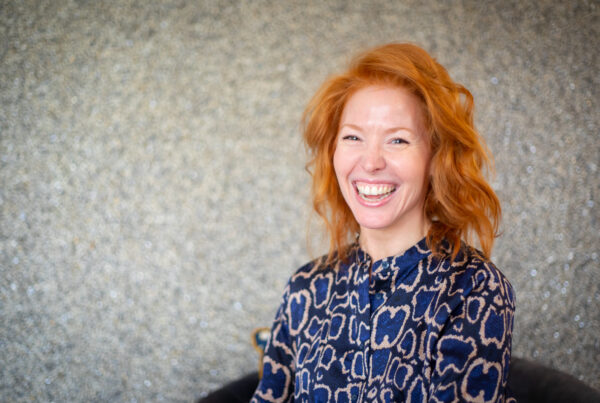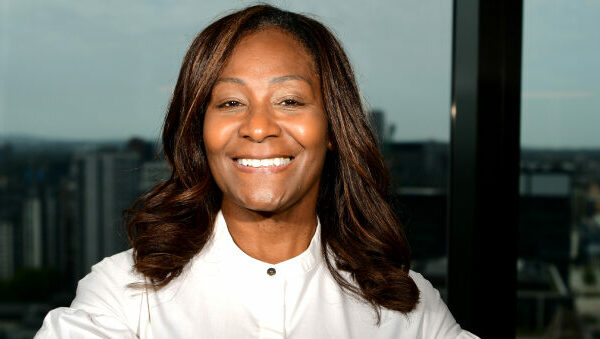When we first asked Rohini to write for this feature, she was reluctant. She doesn’t see herself as inspirational in any way. “I am just someone who made the most of the opportunities presented and had a lot of luck along the way. All I have are a few insights to share as an Asian woman of a certain age who has negotiated some tough, male dominated environments,” she says. Here’s her fascinating journey as our Inspiring Woman.
Wimbledon-based Rohini Finch spent her early career working in the oil industry, as a chemical engineer and an oil trader at Texaco and Vitol. She has served as Chairman and trustee of the World Land Trust. With her husband Bob, she founded Generations, a charity donating to causes supporting children, sport and environmental issues. Among them are several wonderful local initiatives including Regenerate, Momentum, Stem4, Homestart Merton and Jigsaw4u. Rohini is also co-founder of Talis Capital, a Wimbledon-based venture capital firm.

I was born a British Indian in Tanzania, and my family moved to the UK when I was nine in 1972. The UK was a very different world in the 70’s. It was tough for many, in fact for most people of colour. Racism was overt and ugly. It felt as though we immigrants dreamt small and held our communities close. But I wholeheartedly thank the UK for a state funded, well-rounded education which included metalwork, woodwork, needlework alongside academia. I went on to study chemical engineering at UMIST.
Upon graduating, in 1985, after a struggle to land a job as a female engineer, I joined Texaco as a process engineer at their refinery in Pembroke, Wales. I was the first female engineer and the first person of colour onsite. The first few months were the most unpleasant experience of my life with racism, sexism, bullying so overt that I was openly reduced to tears. But that was one person only who had created a toxic environment for a few around him. The other 150+ people onsite could not have been kinder and more supportive of a young person working hard and trying to do a good job. I have nothing but fond memories of that time.
What did I learn?
What did I learn? That racism exists in the ignorant and small minded at every level of society. I learnt never to accept it or internalise it. I learned to stand tall and self-assured knowing that the vast majority of people are kind and respectful, and always I try to look for that part of them. That said, I am still disappointed in myself that I did not make lasting changes in the places that I went, and I am in awe of today’s young people who are, quite rightly, so fierce in demanding change.
In 1987, age 24, I transferred to Texaco’s head office in Knightsbridge to trade Oil for the company and simultaneously study for an MBA at the London Business School. The LBS was nothing short of transformational. A next level education that was engaging and insightful, delivered by inspirational lecturers to us, as adults, not troublesome undergraduates. I continued to enjoy a career in the oil trading. Eventually I joined the energy trading giant Vitol in 1992 as their first female trader. What did I learn about sexism from my years as a trader?
As with racism, it manifests in overt ways and subtle ways. Often, you are not even aware that you are considered ‘less’. It is subtle and insidious, and runs through every part of society from the workplace to one’s own household. There is no magic bullet but a daily challenge. And I am certain that change will only come if we women support and encourage each other; inspiring by example.
What happened next
I eventually left the markets when my best friend took her own life in the throes of a nervous breakdown. I could not talk of this without crumbling for almost a decade. At the time, it was a wakeup call that forced me to properly value what is important and what is not and be present for my family and friends in a way that I had not previously been. My ever-supportive husband and I set up a family foundation, Generations. This allowed us to support the causes that are dear to us. My husband is a Wimbledon born and bred family man, so we have the privilege to be able to support the many people working tirelessly for our local community.
It’s true, I have always loved the natural world which was so important to me, and studied at UMIST as they offered a pollution control module. I had donated monthly from my meagre student allowance to WWF and Greenpeace since 1983 and continued to do so throughout my trading years. I reconnected through a wonderful charity called The World Land Trust. They raise money to save the most critically endangered biodiversity rich hotspots in the world. We became supporters in 2006 and I was fortunate enough to serve as trustee and Chairman with David Attenborough as our patron.
WLT
Since its foundation in 1989, WLT’s approach has made an incredible impact. It is raising funds for habitats to be secured and protected by local conservationists and people, who know the land and its challenges best. Over the years, donations from WLT supporters have allowed the Trust’s partners to directly protect 2,222,247 acres. That’s almost an area the size of Cyprus. Also through forest corridors and others, 20,000,000-plus acres of high-value habitats around the world are being protected (an area the size of Scotland).
Last year alone, WLT’s campaigns delivered funds to save a manatee haven in Colombia, a forest corridor for gorillas in Cameroon and some of the last 2% of the Ecuadorian Chocó; an ecosystem as biodiverse as the Amazon, but more threatened. And that wasn’t all. Between January and December 2020, WLT’s supporters offset 43,773 tCO2e in emissions through their Carbon Balanced programme. Delivering climate benefits on par with taking 20,754 average UK cars off the roads for a year. They also funded the planting of 112,756 trees in 2020, resulting in a total of 2,292,361 trees planted throughout WLT’s history.
Working in Wimbledon
In 2008, we set up our own Wimbledon based family office. It has grown into the venture capital business Talis Capital. We invest in exciting entrepreneurs that are leading the technology revolution that is transforming every aspect of our society.

And finally, lessons learnt from a long career are in place. At Talis, CSR (corporate social responsibility) is centre stage. Our team is multinational representing Italy, Portugal, Russia, Slovakia, Ukraine and of course India. We are more than 50% female led and maternity and paternity policy is shaped to understand that to keep talent, especially female talent, we must offer access to a different career path.
You may also enjoy reading: https://darlingmagazine.co.uk/headline/environmental-social-and-governance-the-future-of-good-investing-and-shopping/





